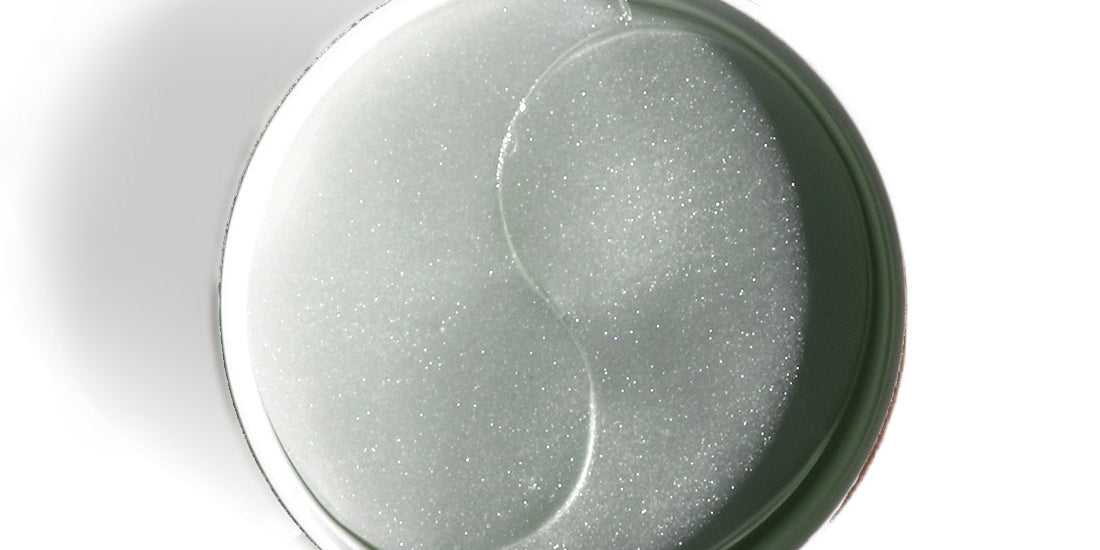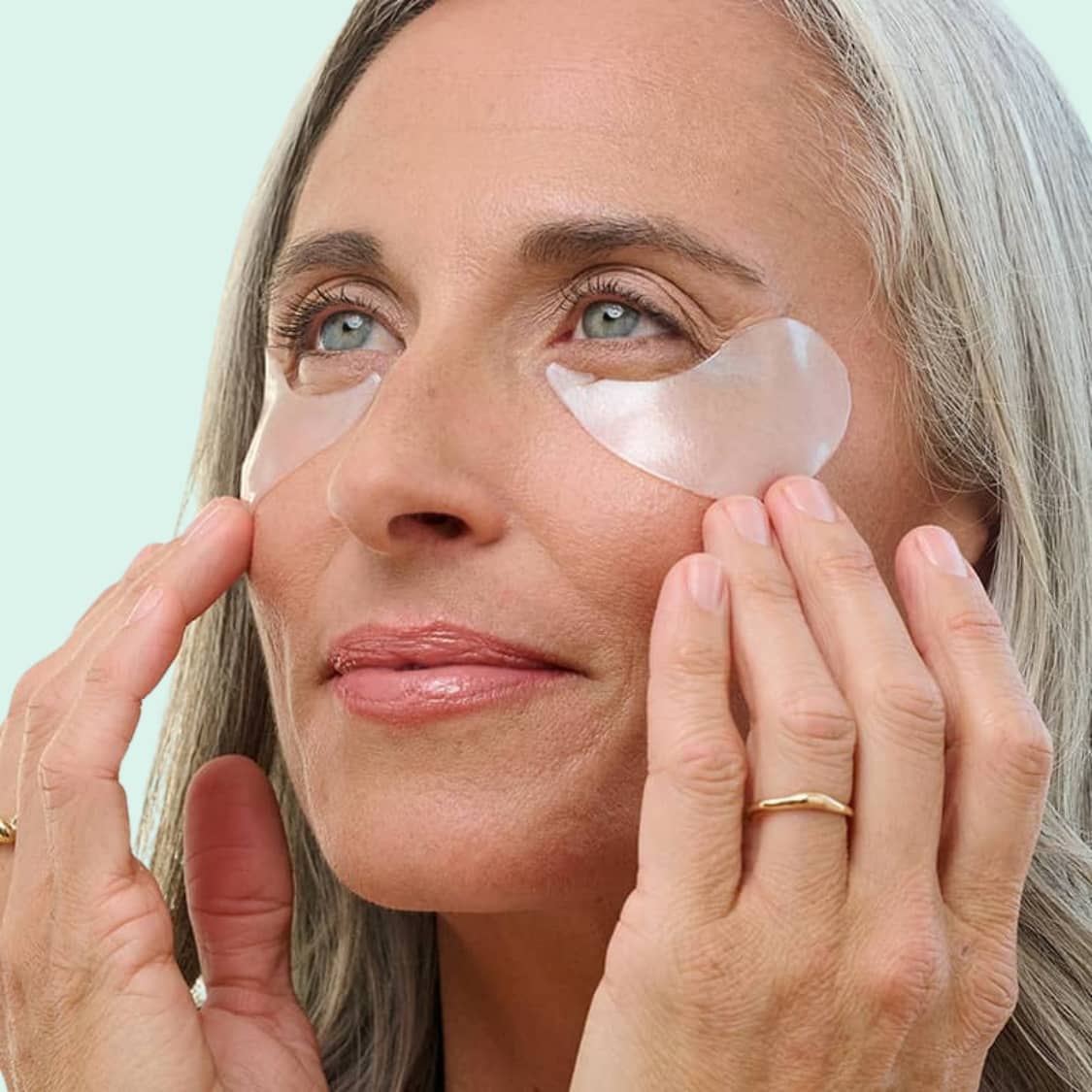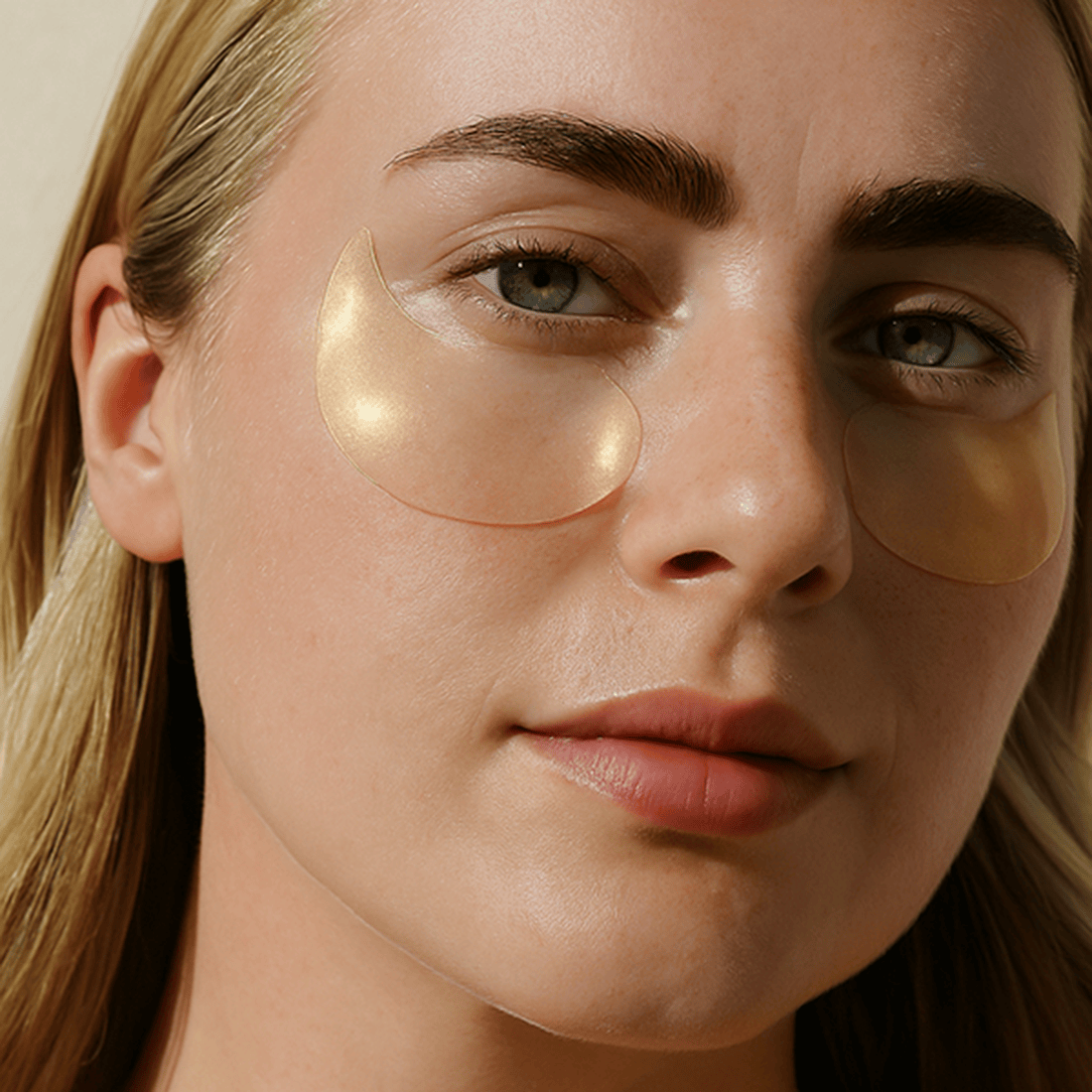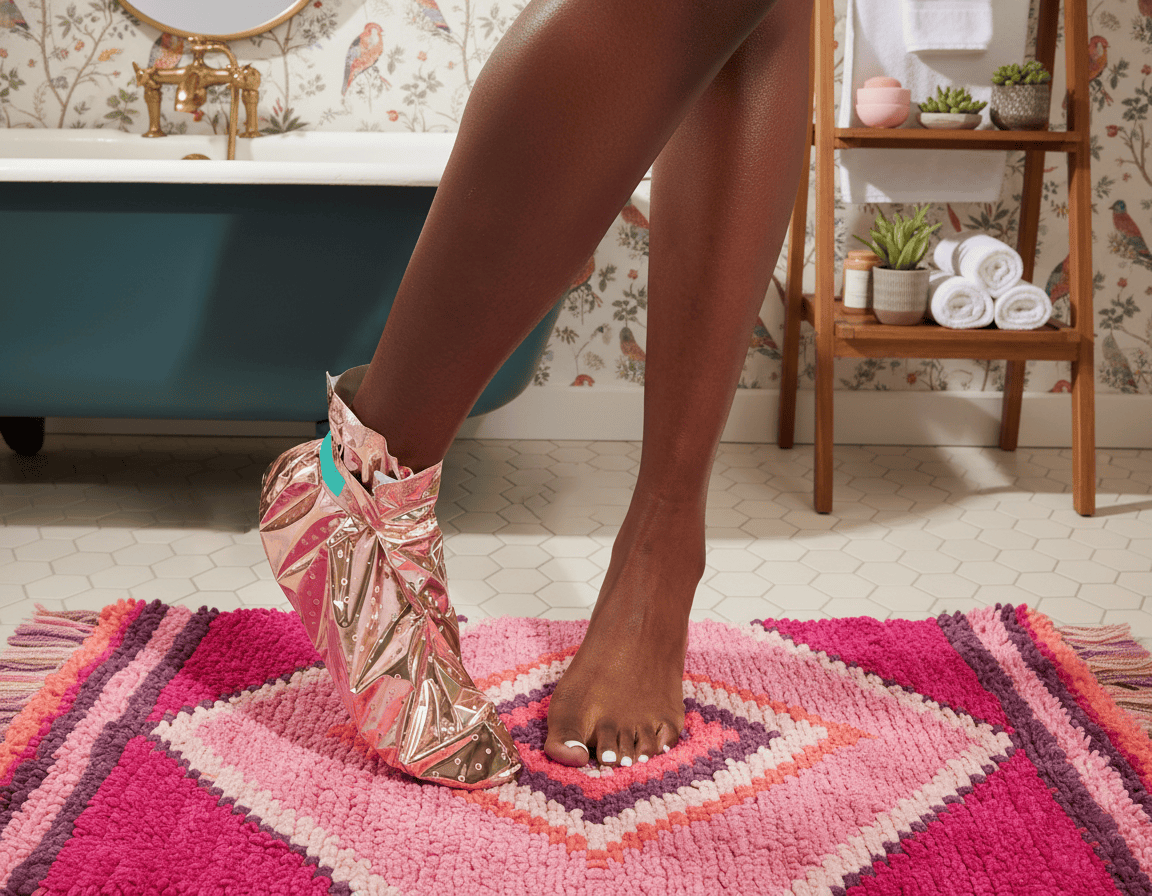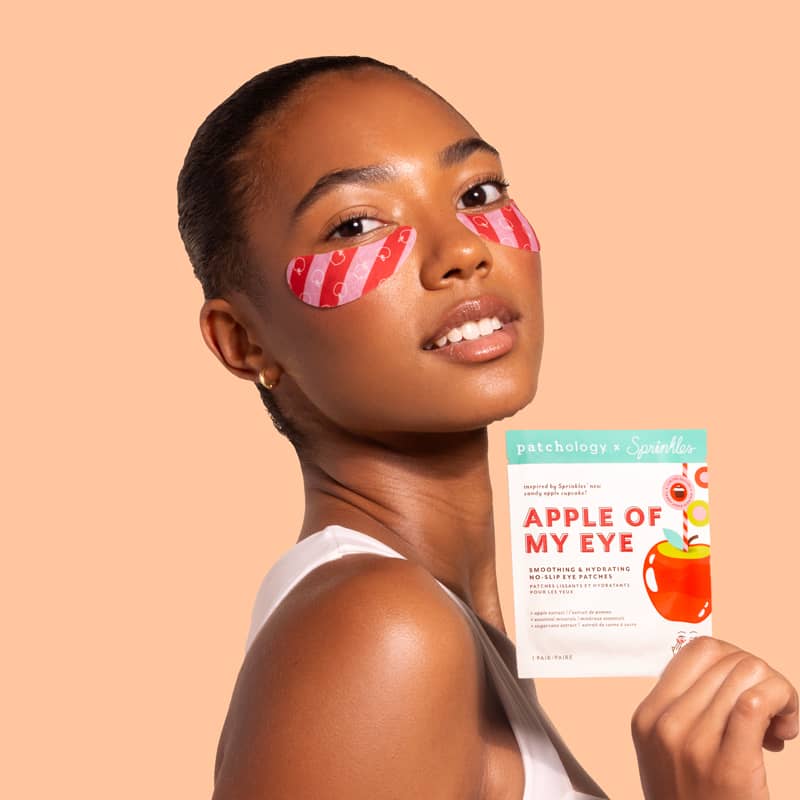How to Know What Type of Skin You Have
It’s time to get to know your skin.
Understanding your complexion is the first step in creating an effective skin care routine. Whether you want to conquer breakouts, achieve a dewy look, stop grease in its tracks - knowing your skin type helps put you on the path to healthy skin.
Read on to learn all about determining your skin type so you can care for the skin you’re in!
Why You Should Get to Know Your Skin Type
Knowing your kind of skin type is important for giving your face the TLC it deserves! Once you know your skin type it becomes easier to find the products, makeup, and treatments you need.
But, why does skin type matter when choosing products? Because different skin care products, including makeup, cleansers, moisturizers, face masks and more are typically formulated with skin types in mind. For instance, a moisturizer for dry skin is often more hydrating and may contain more natural oils than someone with an oily skin type would need.
While there are many products marketed “for all skin types,” choosing those tailored to your complexion is better for achieving your personal skin care goals.
What are the 4 Types of Skin
Now for what you’ve been waiting for: A breakdown of the major skin types.
Most experts agree there are four types of skin and their characteristics:
- Dry skin lacks moisture. People with a dry skin type may notice flaking or experience more irritation. They can also have a dull complexion and more noticeable fine lines.
- Oily skin is often caused by overactive sebaceous glands. This excess oil can cause breakouts and make your skin feel greasy and look shiny.
- Combination skin is when you have both dry and oily skin on different parts of your face. For instance, your cheeks may feel tight and dry while your T-zone is greasy.
- Normal skin is just like it sounds - normal! While you may have the occasional breakout or need some moisturizer, your skin is usually low maintenance.
Some people also consider sensitive skin a category of its own. People with sensitive skin have more allergic reactions to different products and their skin is easily irritated.
Which skin type is most common? According to the beauty gurus at Byrdie, combination skin is considered to be the most prevalent.
Finding Your Skin Type
So, how can you identify your skin type? It’s surprisingly easy to determine your skin type right from home. CeraVe explains that your skin type is determined by the amount of natural oils your skin produces and where. You can get a good idea of your skin type if you identify with the above characteristics, or you can try the blotting sheet method.
To identify your skin type with this method, follow these steps:
- Wash your face with a gentle cleanser, pat it dry, and wait 30 minutes
- Press blotting sheets to different areas of your face
- Hold the sheets up to the light to see any oil markings
If you notice little to no oil, you have dry skin. Lots of oil means you have greasy skin whereas minimal oil all over means you likely have normal skin. Once you figure out your skin type, you’re on your way to finding the right products that work for you!
At Patchology, we offer a wide range of skin care products tailored to different skin types. Try our Breakout Box to get rid of pesky acne, our hydrating face mask to quench your dry skin, or treat your combination skin with a decadent Mud Face Sheet Mask.
No matter your skin type, Patchology has the skin care products to help you look and feel your best. Shop our full collection of Skin Care Favorites today!



